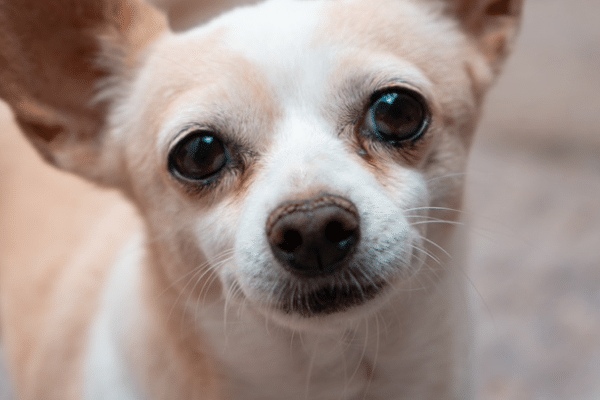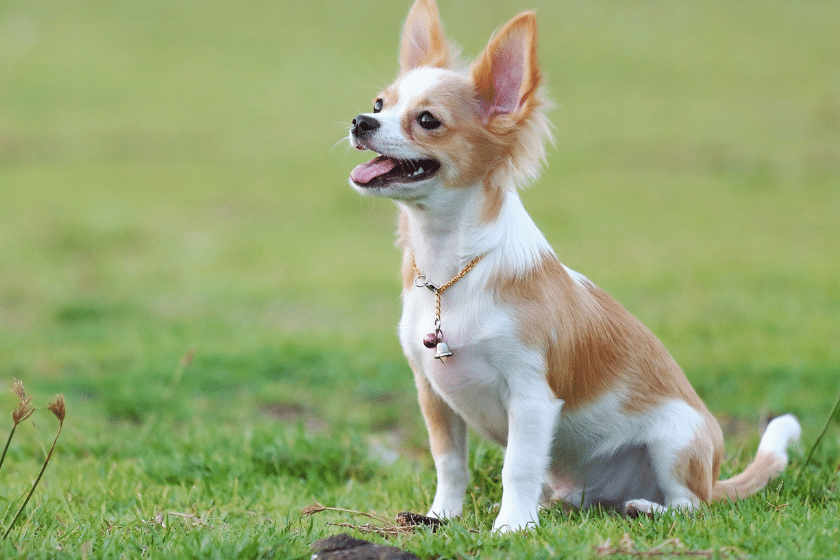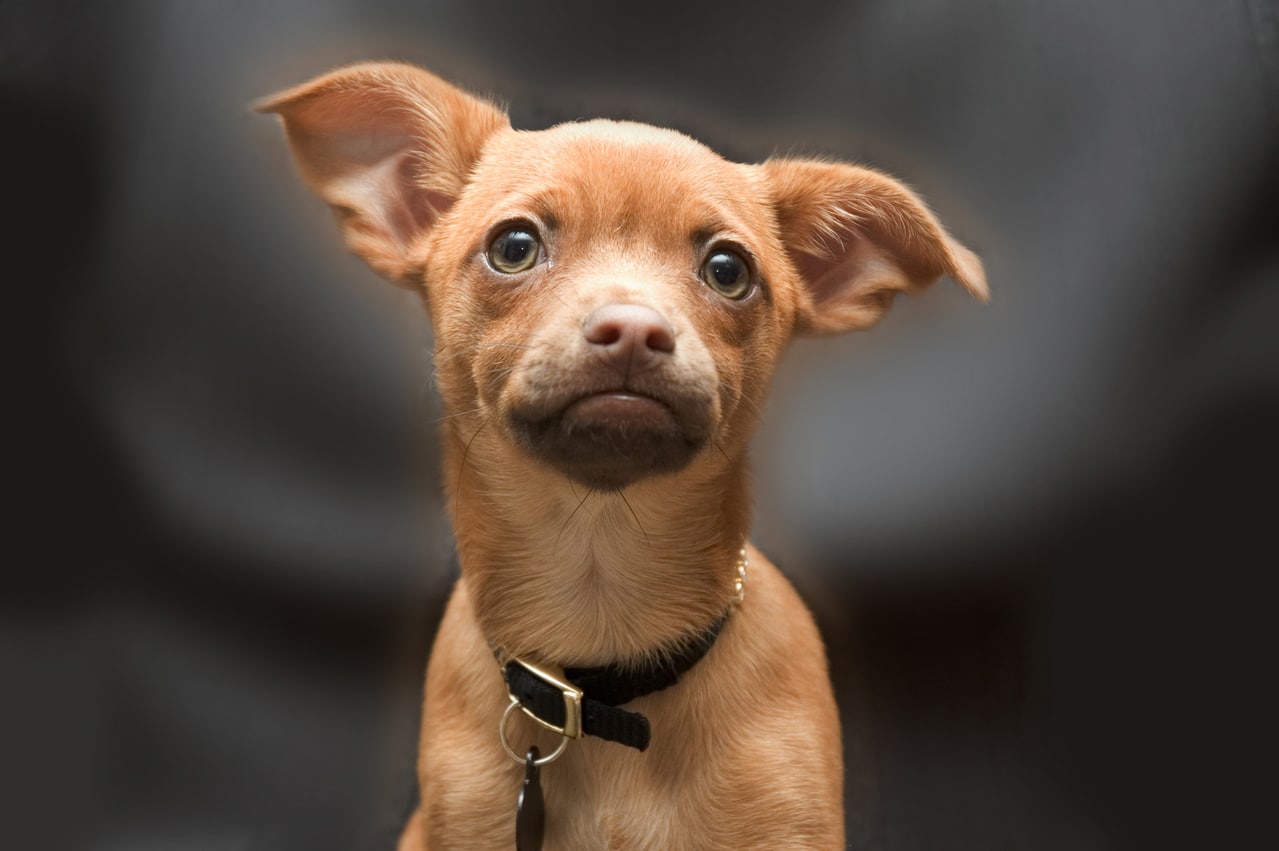
Chihuahuas, with their diminutive size and captivating expressions, are a beloved breed worldwide. These lively, sometimes audacious dogs, are often misunderstood, especially concerning their behavior. This article delves deep into Chihuahua problem behaviors, offering solutions and insightful strategies to ensure a happy coexistence with these spirited canines.
I. The Distinctive Nature of Chihuahuas:
Chihuahuas are not just any dog breed; they are a bundle of energy and emotions packed into a small body. Their big personalities often lead them to be categorized as aggressive dogs. However, many factors, both genetic and environmental, contribute to a Chihuahua’s demeanor.
II. Common Issues in Chihuahuas:
-
Aggressive Behavior: Many Chihuahuas can display aggressive tendencies. Whether it’s due to fear, protectiveness, or territoriality, these behaviors can be distressing for both dog and owner.
-
Territoriality: Chihuahuas have a reputation for being especially territorial. Their space and their loved ones are paramount to them, leading to territorial displays when they feel either is threatened.
-
Stress and Anxiety: Their petite size can sometimes make the world seem like a daunting place. Chihuahuas may display signs of stress or anxiety when faced with overwhelming situations.
-
Small Dog Syndrome: This is a behavior exhibited by small dogs where they show dominance, compensating for their size. It’s not a medical condition but rather a set of behaviors that arise from various external factors.
III. Understanding the Chihuahua Mindset:
Delving into the psyche of these small dogs can be fascinating. While they are vulnerable due to their size, Chihuahuas often see themselves as much larger than they are. This disparity between their actual size and their perceived size can sometimes lead to problems, especially when they confront larger animals or face potentially threatening situations.
IV. The Do’s and Don’ts with Chihuahuas:
-
Prioritize Socialization: Chihuahuas benefit immensely from early socialization. Introducing them to diverse environments, people, and animals in their puppyhood can foster a well-adjusted adult dog.
-
Avoid Negative Reinforcement: Negative reinforcement or punishments can exacerbate aggressive or anxious behaviors. Instead, focus on positive reinforcement to promote desired behaviors.
-
Stay Attuned to Their Needs: A Chihuahua’s aggressive behavior or territoriality often stems from unmet needs. Ensure they have a safe space in your home, a consistent routine, and regular health check-ups.
V. Diving Deeper into Problem Behaviors:
-
Aggression and Its Many Forms: Aggression in Chihuahuas can be multifaceted. Whether it’s territorial aggression, protectiveness, or fear aggression, understanding the underlying cause can offer solutions.
-
Anxiety and Its Triggers: Separation anxiety, noise phobias, or even changes in the environment can cause noticeable anxiety in Chihuahuas. Identifying these triggers is the first step in managing them.
VI. Effective Strategies to Combat Problem Behaviors:
-
Consistent Training: Chihuahuas respond well to consistent, positive reinforcement-based training. Whether you’re house training them or teaching them new commands, consistency is crucial.
-
Scheduled Socialization: Create a socialization schedule. Regular playdates with other dogs, visits to dog-friendly parks, or even short car rides can help in acclimatizing them to varied environments.
-
Seek Professional Help: If you find your Chihuahua’s behaviors too challenging, don’t hesitate to seek the expertise of professional trainers or behaviorists.
VII. Anecdotal Insights:
-
Bella and the Neighbor’s Cat: Bella always barked aggressively at the neighbor’s cat. After a few supervised interactions in a controlled environment, Bella’s aggression diminished, and she even began playing with the feline.
-
Max’s Fear of Thunder: Max would hide under the bed during thunderstorms. Playing soothing music and offering him a safe space helped alleviate his fear over time.
-
Rosie’s Resource Guarding: Rosie would snap when anyone approached her food. Through consistent training and desensitization techniques, Rosie learned to trust and stopped guarding her resources.
Training Your Chihuahua: A Comprehensive Guide to Address Problem Behaviors
Chihuahuas, though small, possess a big-dog attitude. This feistiness, coupled with their innate intelligence, can lead to a range of behaviors that, while occasionally endearing, can also be challenging. Training is not just about teaching your Chihuahua tricks; it’s about fostering a healthy relationship between you and your furry friend.
Understanding Chihuahua-Specific Training Needs:
Chihuahuas have unique needs. Their small stature often makes them more vulnerable, which can lead to heightened defensive behaviors. They may view larger animals and sometimes even humans as potential threats. As a result, they may overcompensate with aggressive behaviors like snapping, growling, or even biting.
Key Training Areas for Chihuahuas:
-
Socialization:
-
Importance: Proper socialization is the cornerstone for a well-adjusted Chihuahua. Introducing them to a variety of experiences can reduce anxiety and aggression.
-
Implementation: Regularly expose your Chihuahua to different sounds, people, animals, and environments. Use positive reinforcement, such as treats and praise, to reward calm behavior.
-
Tips: Start early, preferably during their puppy stage. If adopting an older dog, be patient and gentle, gradually increasing exposure to new experiences.
-
-
Desensitization:
-
Importance: Chihuahuas can be reactive to certain stimuli, whether it’s the mailman or a specific sound. Desensitization can help them react less aggressively or fearfully.
-
Implementation: Introduce the troubling stimulus at a low intensity, rewarding your Chihuahua for calm behavior, gradually increasing the stimulus intensity over time.
-
Tips: Always keep sessions short and ensure they end on a positive note. If your Chihuahua reacts negatively, you’ve likely moved too fast.
-
-
Obedience Training:
-
Importance: Teaching basic commands like sit, stay, come, and heel can be invaluable. Not only do these commands instill discipline, but they can also ensure your Chihuahua’s safety.
-
Implementation: Use treats or toys as rewards. Be consistent with commands, and train in a quiet environment initially, gradually introducing distractions as they progress.
-
Tips: Always use a gentle voice. Chihuahuas respond better to positive reinforcement rather than scolding.
-
-
Reducing Resource Guarding:
-
Importance: Some Chihuahuas can become possessive of their belongings or food. This can lead to snapping or growling if someone approaches during their mealtime.
-
Implementation: Start by hand-feeding them, and occasionally drop a high-value treat into their bowl as you walk by, reinforcing the idea that someone approaching their resources is good.
-
Tips: Never remove their food or toy without offering something of equal or higher value in return.
-
-
Addressing Separation Anxiety:
-
Importance: Chihuahuas are known for their loyalty and can become extremely attached, leading to distress when left alone.
-
Implementation: Gradually acclimate them to your absence. Start by leaving for a short period, then return, rewarding calm behavior. Extend the duration over time.
-
Tips: Offer toys or puzzles when you leave, creating a positive association. Avoid making departures and arrivals overly dramatic.
-
Training Challenges and Overcoming Them:
-
Stubbornness: Chihuahuas, with their big personalities, can sometimes be stubborn. Patience is crucial. If a particular training session becomes too challenging, it’s okay to take a break and return later.
-
Easily Distracted: Their alert nature means they’re often easily distracted. Training in a familiar environment initially can reduce distractions.
-
Sensitivity: Chihuahuas can be emotionally sensitive. Always use positive reinforcement and avoid shouting or negative techniques.
In Summary:
Training a Chihuahua requires patience, consistency, and understanding. With the right techniques and approach, you can address problem behaviors, ensuring your Chihuahua is not just well-behaved, but also mentally stimulated and happy.
Remember, every Chihuahua is an individual. What works for one might not work for another. It’s crucial to be flexible in your approach and tailor your training to your Chihuahua’s unique personality and needs.
VIII. Relevant Data Points:
A study from the Journal of Veterinary Behavior found that smaller breeds, including Chihuahuas, tend to display more aggressive behaviors when compared to larger breeds. This is theorized to be due to their vulnerability and the evolutionary need to defend themselves.
IX. Conclusion and Recommendations:
Chihuahuas are vibrant, loyal, and full of life. With understanding, patience, and the right strategies, one can ensure that their Chihuahua grows to be a well-adjusted, happy dog. Always prioritize their needs, offer them love and consistency, and don’t shy away from seeking professional help if needed.
Sources:
- Svartberg, K. (2006). Breed-typical behavior in dogs—Historical remnants or recent constructs? Journal of Applied Animal Behavior Science, 96(3-4), 293-313.
- Herron, M. E., Shofer, F. S., & Reisner, I. R. (2009). Survey of the use and outcome of confrontational and non-confrontational training methods in client-owned dogs showing undesired behaviors. Applied Animal Behavior Science, 117(1-2), 47-54.
- Duffy, D. L., Hsu, Y., & Serpell, J. A. (2008). Breed differences in canine aggression. Journal of Veterinary Behavior, 3(6), 287-298.
Legal Disclaimer: This article is intended for informational purposes only. Always seek professional advice and consultation for personalized guidance.




